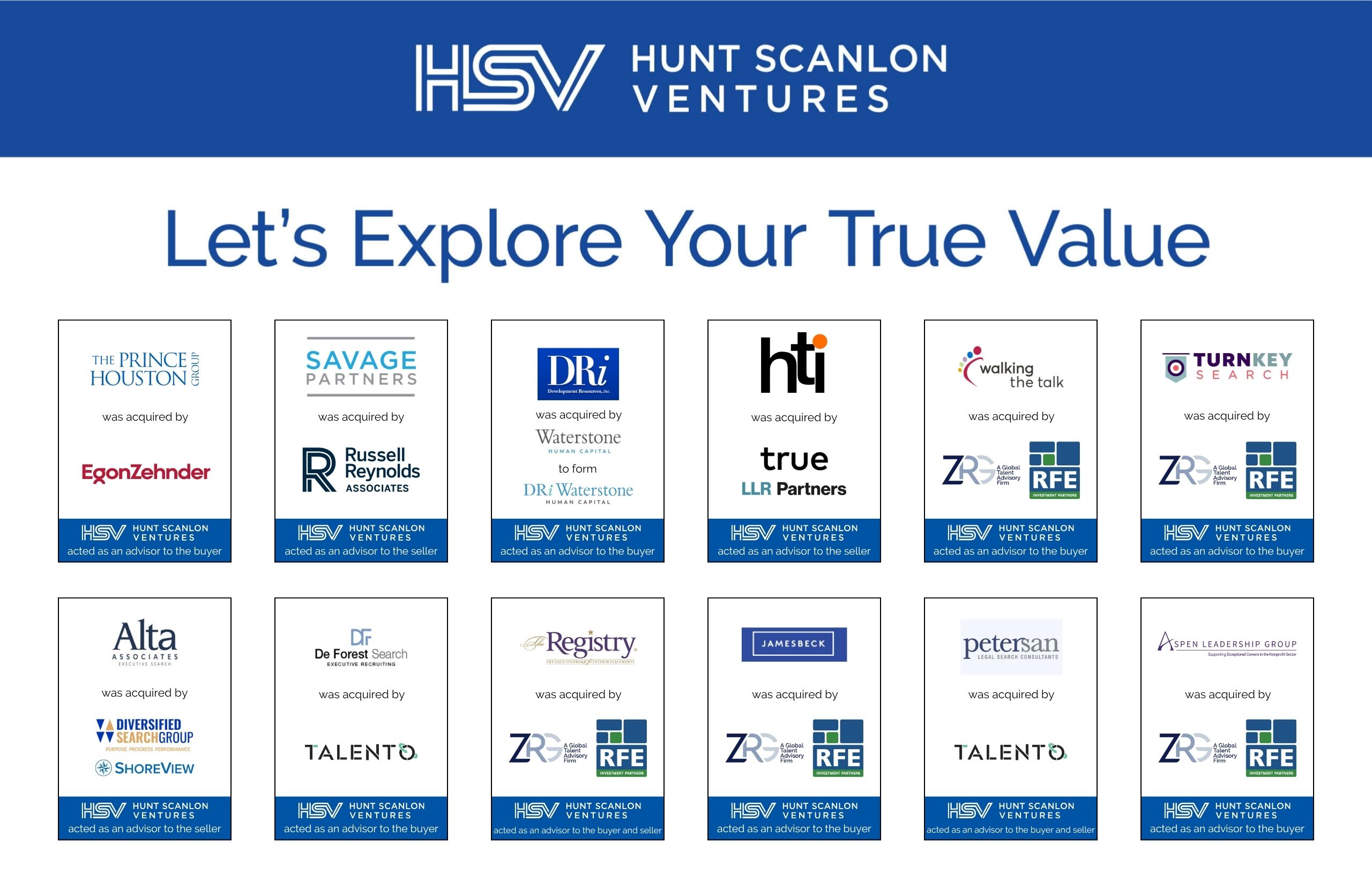Consolidation among fund managers is picking up pace due in part to a tougher economic environment and a maturing industry. Caleb Edmundson, editor-in-chief of ExitUp, examines the proliferation in M&A deals among PE firms and draws a comparison to rising deal activity among executive search firms.
In the fast-paced world of private equity, mergers among fund managers have long been a recurring phenomenon. But in the past two years the trend has picked up at a rapid pace. Experts in the industry anticipate an increase in their frequency, in part due to elevated interest rates and sluggish business for deals.
In a new report, Why PE Industry Consolidation is a Double- Edged Sword, Pitchbook unpacks how consolidation in PE is accelerating alongside the possible impacts of this trend.
For many PE firms, consolidation will result in a net gain, according to Pitchbook. Mergers provide access to previously untapped markets and additional expertise for the acquiring party. Meanwhile for the acquired party, mergers represent an opportunity to join a larger platform and gain access to a wider network of investors. Investors benefit as well, gaining access to a new financial entity that may be better equipped to explore investment opportunities on their behalf.
Economies of Scale
These transactions not only enable managers to capitalize on new economies of scale by acquiring smaller, often more specialized managers, but they also grant access to fresh talent, while extending geographical reach.
The dominance of a dwindling number of funds in fundraising efforts is an additional driver behind consolidation. In the last several decades the PE space has matured significantly with business and capital becoming more concentrated among a smaller number of global, multi-strategy asset managers overseeing mega-funds with commitments exceeding $5 billion.
“The past year marked a record-breaking period for merger activities among private equity firms. In fact, since the start of 2022 M&A activity in the space has seen over $12 billion in deal value.”
As the individuals overseeing many of these investment funds have garnered excess capital, they have become more inclined toward acquisitions. Last year saw Sweden’s EQT purchase of Baring Private Equity Asia for an astounding $6.6 billion, likely the largest merger of its kind to date. In May, TPG paid $2.7 billion for Angelo Gordon, and as recently as this month Bridgepoint purchased Energy Capital Partners for just over $1 billion, while CVC Capital Partners nabbed DIF Capital Partners.
Key Drivers
The post pandemic economic and political environment have been drivers for consolidation, as higher interest rates hamper deal flow, and more managers struggle with a tough fundraising environment. A recent survey conducted by PwC showed that 16% of existing asset and wealth managers are expected to either go out of business or be acquired by larger groups by 2027.
The political and economic headwinds that created this environment have prompted nearly three-quarters of asset managers to consider acquiring or merging with competitors. According to PwC, if interest rates linger around 4% through 2024 and beyond, private markets managers will need to significantly raise their target internal rates of return simply to compete. A more realistic outlook is that rates maintain at levels of 7% or higher.
Search Sector M&A Frenzy
Hunt Scanlon Ventures has seen a similar M&A trend in the human capital space where firms are increasingly acquisitive. “Search firms purchase rivals to improve their access to markets, top grade their own consulting talent, and round out service offerings to clients,” said Scott A. Scanlon, one of the firm’s co-founders.
“Markets are shifting fundamentally,” added Mr. Scanlon. “In some sectors in executive search we are seeing a dramatic correction underway this year. For smaller players, that means there is safety to be found in size and scale, which larger firms offer.”
Much like PE, executive search is an industry rapidly maturing. That makes M&A inevitable. “As search matures and firms evolve into strategic partners, M&A will only intensify in this industry,” said Hunt Scanlon managing director Cody Crook, who presented at Hunt Scanlon’s Executive Recruiting M&A Founders Forum last month to a standing-room-only crowd of 250 recruiting industry founders looking for an edge in M&A.
Hunt Scanlon has a front row seat to the M&A fireworks show that has been intensifying over the past four to five years in the space it tracks closely: human capital markets. The firm served as an advisor to AEA Growth in its acquisition of Bespoke Partners, the PE firm’s first foray into human capital. Hunt Scanlon also served as strategic advisor to both buyer and seller in the RFE Investors/ZRG acquisition of The Registry, an interim education focused talent specialist. It was ZRG’s largest deal to date. Hunt Scanlon also structured two deals for ShoreView Capital’s Diversified Search Group portfolio company and LLR Partners’ True Search human capital investment platform.
This acquisitive trend in the human capital sector is as beneficial to clients as it is to investors in PE, said Mr. Crook, namely in providing a more well-rounded service. “And weathering the storm of high interest rates will be easier with a dance partner,” he said. That is leading private equity managers and search firm founders to turn to M&A to improve their chances of flourishing in this shifted macroeconomic period.
Article By

Caleb Edmundson
Caleb A. Edmundson is Editor-in-Chief of ExitUp, the investment blog from Hunt Scanlon Ventures designed for professionals across the human capital M&A sector. Caleb serves as an Associate for Hunt Scanlon Ventures, providing robust industry research to support the firm’s investment group. Connect with Caleb.






